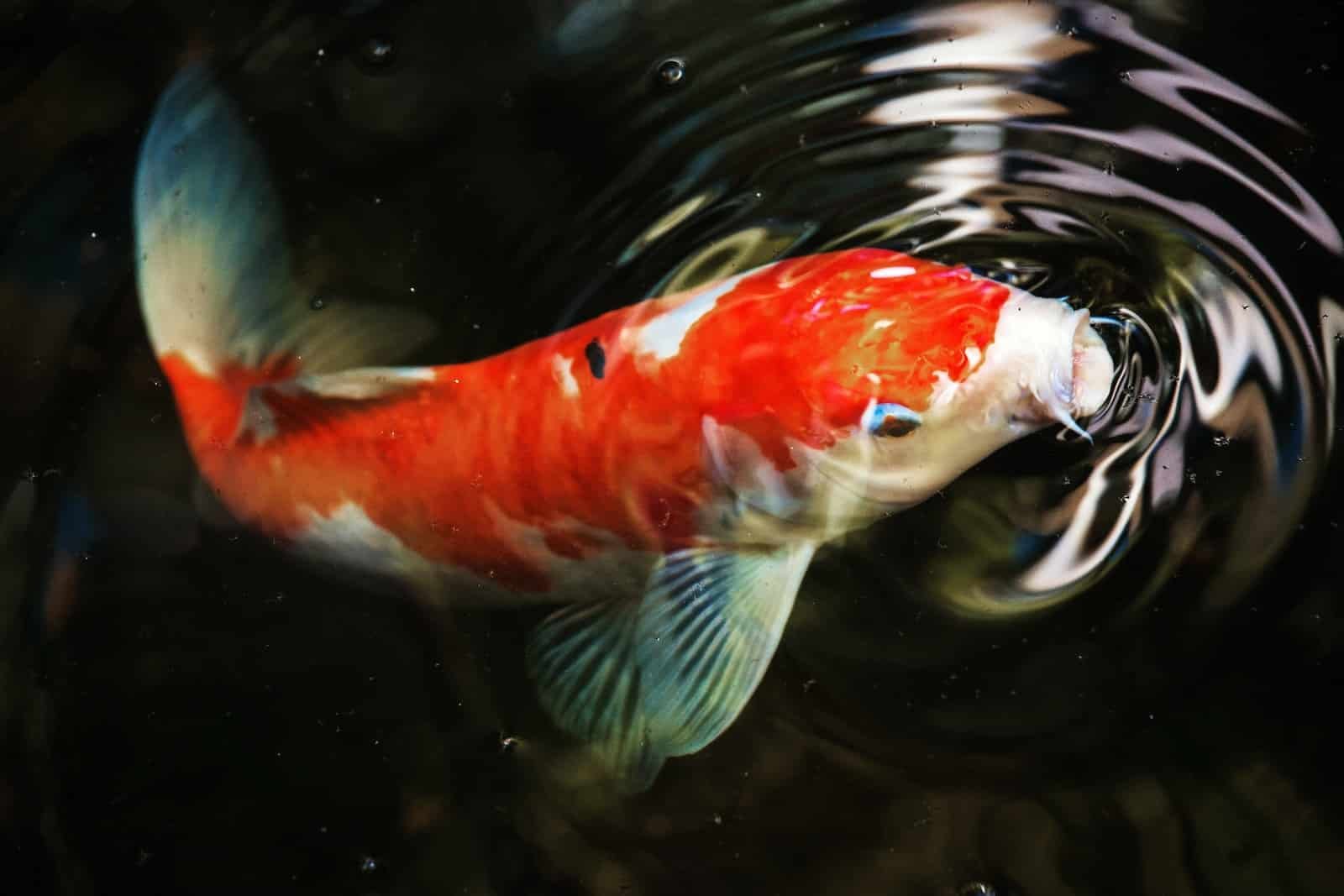Koi fish, those beautiful ornamental creatures that grace many a garden pond, and whether they find a place on our dinner plates. BUT are they yummy?
You might be thinking, “Koi fish? Aren’t those the decorative fish people spend hundreds, sometimes thousands of dollars on?” Yes, indeed, they are! But as your go-to guy for all things food safety, I’m here to scale back the layers of myth and get to the bare bones of the matter. So, let’s dive right in, shall we?
Koi fish are a type of carp, specifically bred for their bright colors and patterns. Originating from East Asia, these fish have been cultivated for centuries, not for the purpose of eating but for their aesthetic appeal. They are a common sight in decorative ponds and water gardens, and many people enjoy them for their grace and beauty.
Technically speaking, yes, Koi fish are edible. They are, after all, a type of carp—a fish that’s been a staple in diets across the world for ages. However, just because you can eat something doesn’t necessarily mean you should. Let’s reel in some thoughts on why Koi might not be the catch you’re looking for when it comes to a meal.
Koi have not been bred for taste; they’ve been bred for looks. As a result, they might not have the flavor profile you’d expect from other edible freshwater fish. In fact, many would say that Koi are quite bland or even muddy-tasting.
When it comes to eating fish, the CDC and FDA recommend ensuring the fish are free from contaminants and are handled properly. Koi fish in ornamental ponds may have been exposed to various chemicals or treatments that are not intended for fish in the food supply. These treatments could potentially make them unsafe to eat.
Koi are often seen as more than just fish; they are pets and prized possessions with significant cultural value, particularly in Japan. Eating Koi could be considered disrespectful or taboo in some cultures, so it’s important to be mindful of these perspectives.
Koi can be extraordinarily expensive. Some individual fish have been known to sell for thousands, even millions, of dollars. That’s quite a pricey plate of fish if you were to consider eating one!
Unlike commercial fish farming, breeding Koi is not done with sustainability in mind. They are often overbred and can be prone to disease if not cared for correctly. Eating Koi does not support sustainable fishing practices.
After swimming through the facts, it’s clear that while you could technically dine on Koi, there are more reasons not to. Their value as ornamental fish far outweighs their value as a food source, both economically and culturally. Moreover, there are plenty of other fish in the sea (and in freshwater too!) that are delicious, nutritious, and far more suited to being the star of your dinner plate.


